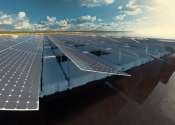Using deep learning to predict imminent precipitations
Deep learning models have proved to be very effective for analyzing large amounts of data and accurately predicting future events. This makes them advantageous for a wide range of applications, including weather forecasting.









